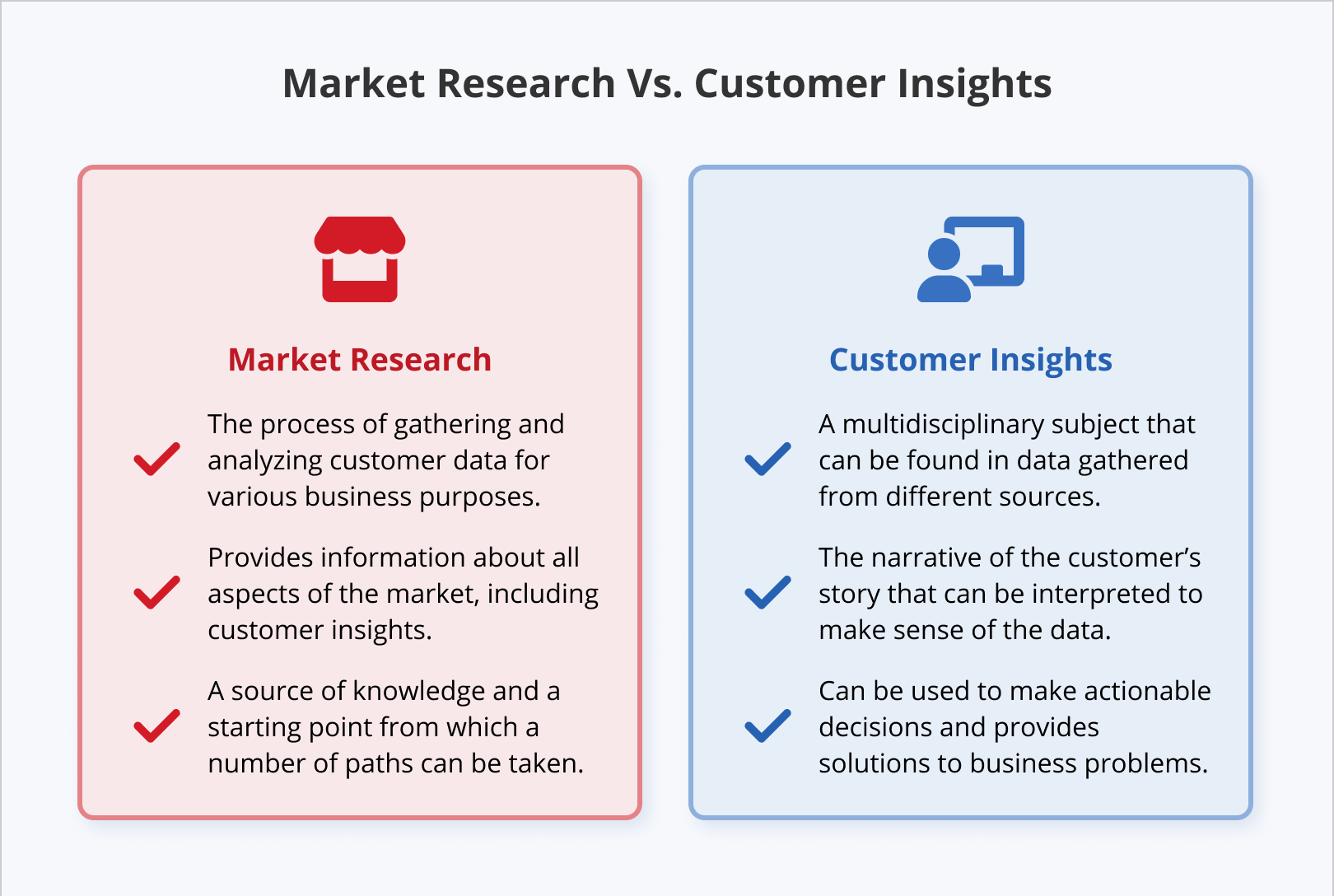In today’s dynamic business landscape, staying ahead of the competition requires a deep understanding of consumer behavior and preferences. This is where consumer insights and market research come into play. In this article, we’ll explore the significance of consumer insights and market research, their impact on decision-making, and how businesses can harness these valuable tools to thrive in the marketplace.
The Importance of Consumer Insights and Market Research

1. Understanding the Modern Consumer
In the age of digital transformation, consumers are more empowered and informed than ever before. They have access to a wealth of information and options at their fingertips, which has significantly altered their purchasing behaviors. To effectively cater to the modern consumer, businesses must delve into their psyche.
2. The Role of Consumer Insights
Consumer insights provide a window into the minds of your target audience. They uncover hidden motivations, pain points, and desires, allowing businesses to tailor their products and marketing strategies accordingly.
Market Research: A Strategic Imperative
Types of Market Research
- Quantitative Research: This involves numerical data collection and analysis. Surveys and questionnaires are common tools used to gather quantitative data.
- Qualitative Research: Qualitative research focuses on exploring underlying motivations and emotions. Techniques such as interviews and focus groups are employed in this type of research.
Benefits of Market Research
Market research offers a plethora of advantages, including:
- Identifying Opportunities: Research helps businesses discover untapped market segments and niches.
- Mitigating Risks: Understanding market trends and consumer preferences helps in making informed decisions, and reducing business risks.
Leveraging Technology for Insights
Big Data Analytics
In the digital age, businesses have access to vast amounts of data. Big data analytics allows companies to extract valuable insights from this data treasure trove, enabling data-driven decision-making.
Artificial Intelligence (AI) in Consumer Insights and Market Research
AI-powered tools can analyze large datasets quickly and accurately, providing businesses with real-time insights and predictive analytics.
Implementing Consumer Insights and Market Research
1. Product Development
Consumer insights guide the development of products that resonate with consumers’ needs and preferences. This increases the likelihood of success in the market.
2. Tailored Marketing Campaigns
Marketing efforts are more effective when they speak directly to consumers’ pain points and aspirations. Insights enable the creation of personalized campaigns.
Conclusion
In a rapidly evolving business environment, harnessing consumer insights is no longer optional; it’s a strategic imperative. Understanding the modern consumer, conducting thorough market research, and leveraging technology for insights can propel businesses to new heights.
Unlock the power of consumer insights and market research to outperform competitors and stay ahead of the curve.
Ready to take your business to the next level with consumer insights and market research? Request a demo from AIM Technologies today and discover how our cutting-edge solutions can transform your decision-making process.
FAQs
1. What is the difference between quantitative and qualitative research?
- Quantitative research involves numerical data collection and analysis, while qualitative research focuses on exploring motivations and emotions through techniques like interviews and focus groups.
2. How can businesses use consumer insights for product development?
- Consumer insights help businesses tailor their products to meet consumer needs and preferences, increasing the chances of success in the market.
3. Why is AI essential in market research?
- AI can analyze large datasets quickly and accurately, providing real-time insights and predictive analytics, which are crucial for staying competitive.
4. What are the risks of not conducting market research?
- Not conducting market research can lead to uninformed decision-making, missed opportunities, and potential financial losses for businesses.




